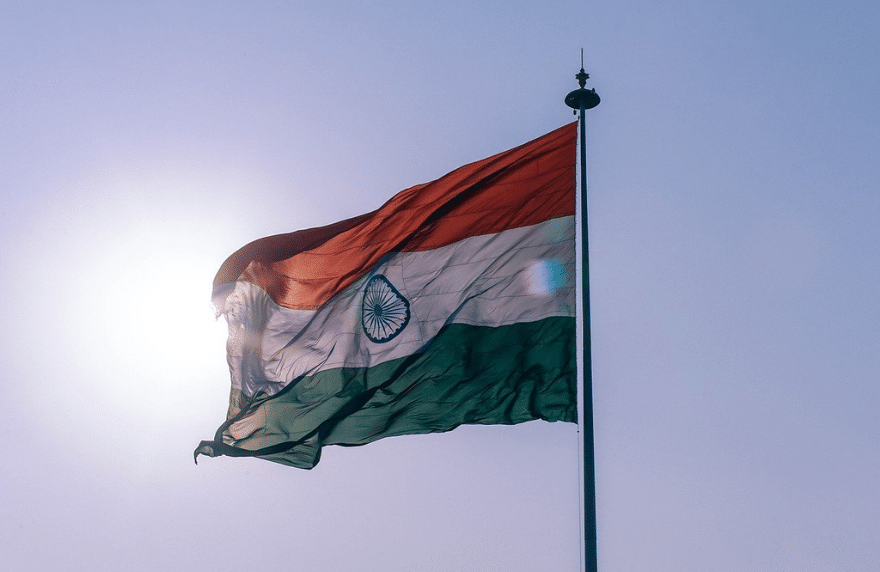Research
Tim Sweijs published the paper ‘The Role of Small Powers in the Outbreak of Great Power War’ in the occasional paper series run by the Centre of Small State Studies at the Institute of International Affairs. In the paper, he argues that the role of small powers in either upholding or undermining the stability of the international order is important for a variety of geographic, political, strategic and economic reasons. In unstable international orders (‘hierarchies’) with tight alliance systems, small powers often have a detrimental effect on great power relations. Great powers are well advised ‘to watch the small ones’ in the current crisis-prone international order.
The full paper may be downloaded with the PDF button.
Abstract
International politics is generally viewed as a game played by the great powers, in which the lesser powers have no substantial say. In trying to account for variation in the stability of the international system most of the academic literature focuses therefore exclusively on great powers. But a review of the qualitative arguments and the quantitative evidence presented within this polarity paradigm shows that an unequivocal link between polarity and system stability is difficult to establish. Going beyond polarity, this study argues that the role of small powers deserves closer scrutiny in order to gain a better understanding of the pillars of a stable international order. The role of small powers in either upholding or undermining the stability of the international order is important for a variety of geographic, political, strategic and economic reasons. This study examines whether small powers contribute positively or negatively to the polarisation of the international system; whether small powers facilitate or undermine great power cooperation; whether power differentials between great and small powers enable command-and-control or pose a moral hazard; whether small powers are buffer zones inhibiting conflict or stepping stones in great power conflict; and whether small powers are safety valves or fire igniters. Acknowledging that the role of small powers is indeed significant, the real question is what mediating factors determine the nature of its role. This study argues that two characteristics of the international system are essential: the tightness of alliance structures and the stability of the hierarchy. Two case studies of the multipolar period 1815-1914 and the bipolar period 1945-1989 support the contention that the role of the small power is conducive to great power peace in a stable international hierarchy with fluid alliance structures, but destabilising in an unstable international hierarchy with tight alliance structures.





